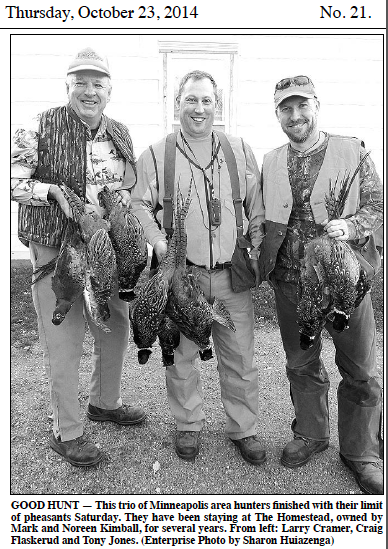While at Fuller Seminary earlier this month, Lauren Winner, Phyllis Tickle, and I spoke at a public event in Fuller’s Travis Auditorium, put on by Fuller’s The Burner Blog. The topic was, “Emerging Spiritualities in the American Church,” and it began with each of us giving a few minutes of monologue. Then I was charged with hosting a bit of a panel discussion.
In her response to my question, Phyllis played to the crowd, mentioning the late Fuller theologian Ray Anderson’s book, An Emergent Theology for Emerging Churches. Therein, Anderson compares what’s happening between today’s conventional and emergent churches to the differences between the church in Jerusalem and Antioch in the first century. Phyllis likes that comparison, and so do I.
As a follow-up, I asked Lauren, whose PhD is in history, a question. I confessed that I am skeptical, bordering on worried, about the burgeoning Pentecostal movement in the Global South; I admitted that I find it theologically “thin” and that my tendency is to want to “save” them with my “better” theology. My question for Lauren: Am I simply a Jerusalem Christian, worried about the innovations in Antioch?
About an hour later, at the tail-end of the Q and A time, an African-American woman took to the mic in the aisle; she identified herself as a former United Methodist who, for the past three years, has found great life within Pentecostalism. She said that my comment [sic] was ill-informed. She spoke for several minutes, gaining steam as she went and, it seemed to me, feeling the support of the crowd as she went. After a bit, it became clear that hers wasn’t a question, it was a comment.
She concluded her comment by reminding me that I’m a “Caucasian male,” and ended by calling me a “borderline racist.”
Two thoughts were going through my head as her comment got increasingly heated: 1) I wonder if anyone can see how much I am sweating? and 2) What would Brian McLaren do? To the first, the answer was yes — someone told me the next day that I turned “three shades of red.” And to the second, I am sure that Brian would have been more gracious in his response than I was. But I did my best, opening with the line, “No matter how I respond to your comment, I will sound defensive.”
This post isn’t about Pentecostalism. I’ve written lots about that, and my feelings are clear.
This post isn’t even about the precariousness of being a white male trying to do constructive theology in this era, a precariousness that I readily admit is well-deserved.
This post is about the assumption, implicit in her comment, that a criticism of a theology is necessarily racism against the race of people who hold that theology. Pentecostalism in the Global South is, of course, followed by Latin and South Americans and Africans who have darker skin than I. Does that mean that it’s off-limits for me to criticize that theology? If so, then I submit that there is very little hope for the church.
Finally, by way of postscript, I wonder if there’s really any difference between being a “borderline racist” and being a “racist.”











